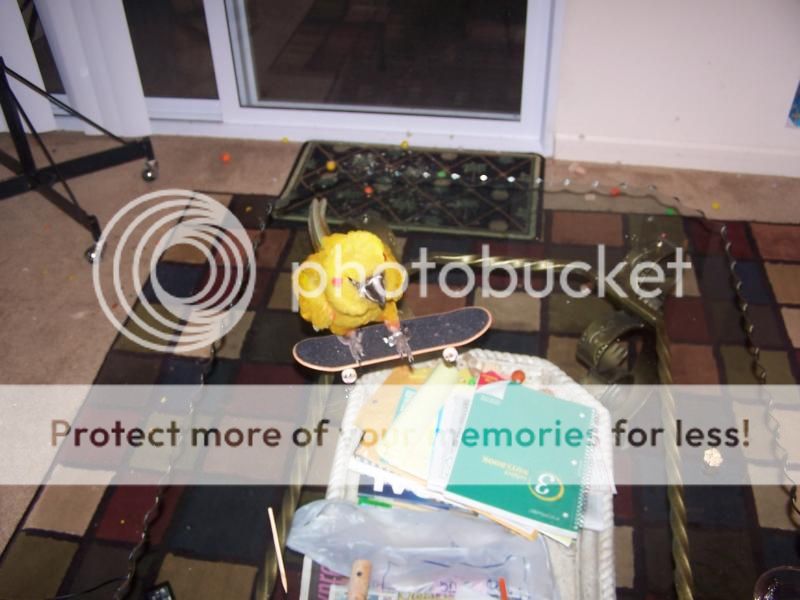StephenAndKyleigh
New member
- Jul 29, 2015
- 530
- 0
- Parrots
- Kyleigh, B&G Macaw -
Peanut, Yellow Collar Mini Macaw -
Aaliyah, Green Wing Macaw
Read this article today...
As a lot of you know, I will be taking home Kyleigh (that beautiful BG that I make way too many threads about) hopefully before Christmas. I've been reading a lot about "the first day/week/month with your parrot" and have gotten so many varied answers. I am wondering who agrees/disagrees with this article and why?
Ready...set...go..
Your First Month With Your New Parrot
As a lot of you know, I will be taking home Kyleigh (that beautiful BG that I make way too many threads about) hopefully before Christmas. I've been reading a lot about "the first day/week/month with your parrot" and have gotten so many varied answers. I am wondering who agrees/disagrees with this article and why?
Ready...set...go..
Your First Month With Your New Parrot
Last edited:
